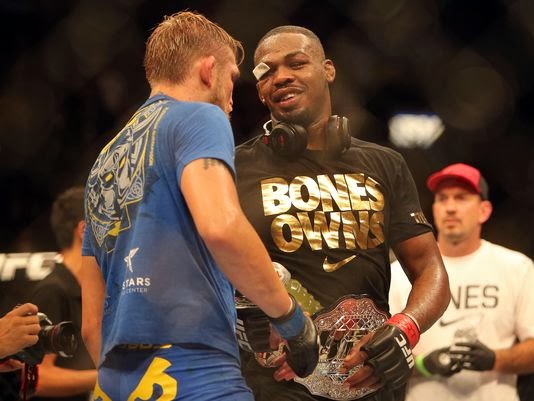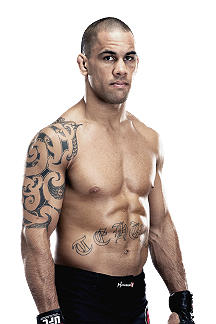With a thudding shot, former NFL standout Greg Hardy, earned a place on the UFC roster knocking out Austen Lane in 57 seconds. That blow was enough for him to walk out of Dana White’s Tuesday Night Contender Series with a contract from the largest MMA promotion in the world after his first professional fight. Knowing everything from Hardy’s background, it’s clear that the UFC put business ahead of morals with his signing. This is a continuing trend within MMA that doesn’t put the sport in its greatest light.
In the last few weeks we’ve had one fighter criticize people for pointing out her husband’s Nazi and white nationalist tattoos, as well as another fighter denigrate Brazilians and socially active athletes, all the while pushing for a meeting with President Donald Trump. Hardy’s entrance into the UFC is another dark check mark, as he was jettisoned from the NFL when his “issues” became impossible to ignore.
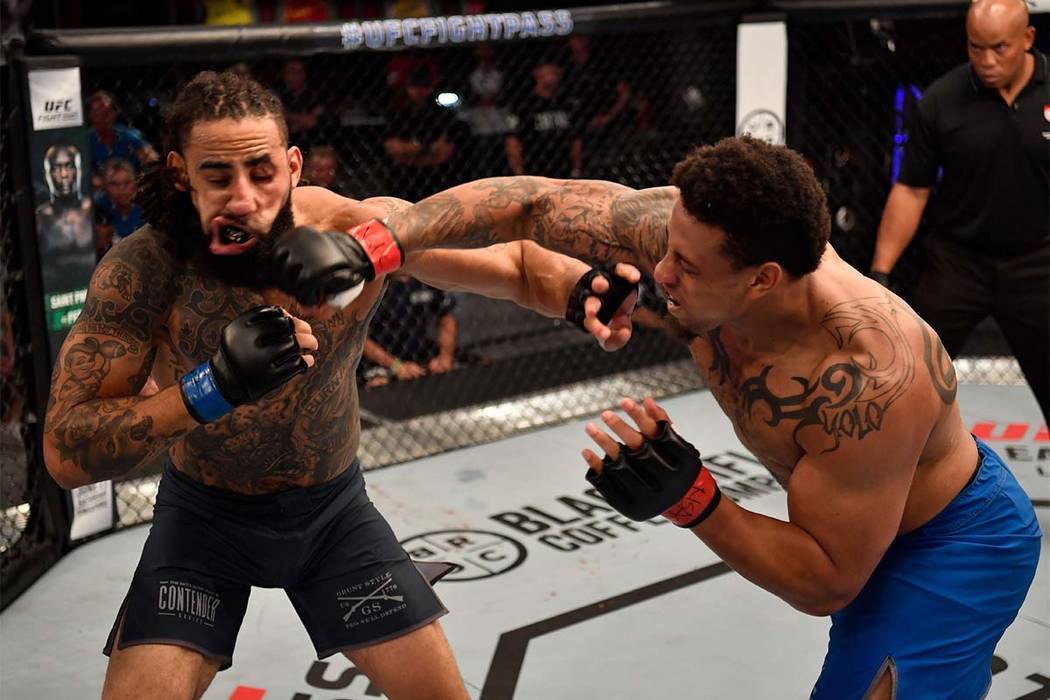
If it wasn’t for Hardy’s history of domestic violence he would still probably be excelling in the NFL. Drafted by the Carolina Panthers in 2010, Hardy was selected to the Pro Bowl in 2013 and on a trajectory of success as a defensive end. That was until May 2014 when he was arrested for a domestic violence incident against his ex-girlfriend. He was found guilty of the charges of assaulting a female and communicating threats, but those charges were later dropped after Hardy appealed and the victim chose not to appear in court. The Panthers were slow to react, but public outcry led to Hardy being suspended from football activities. After an internal NFL investigation concluded that Hardy used physical force on at least for occasions, NFL Commissioner Roger Goodell levied a suspension of ten games. Even though that suspension was reduced to four games, and he would later be signed by the Dallas Cowboys, the backlash from media and fans alike caused the team and the league to push Hardy out, effectively ending his career at the highest level of professional football.
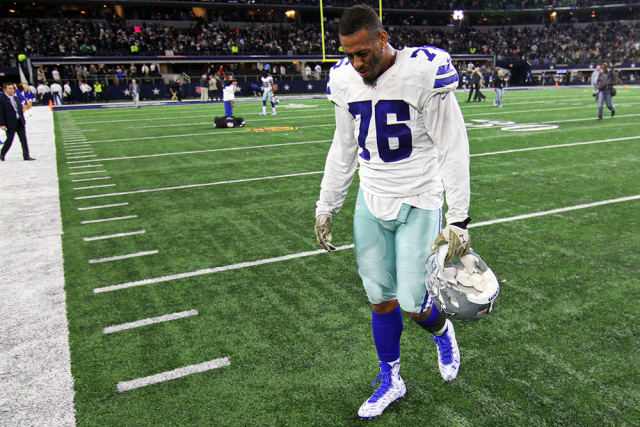
That led Hardy to mixed martial arts, and his win on Tuesday is the start of a controversy for the promotion that is not likely to go away. Every time he’s booked for a card, the thinkpieces denouncing his presence on the roster will come. Every time he’s shown on a screen, someone will tweet their opposition to him being employed by the promotion. The UFC and UFC President Dana White are working tirelessly to present this as his “second chance,” although Hardy’s second chance came when he was signed with the Cowboys. Due to his talent he’s received chance after chance, and this is perhaps the most morally questionable of them all.
White presented the idea that Hardy is deserving of a second chance during a recent interview with MMA Junkie. Leading up to his fight on Tuesday night, commentators pushed the narrative that his colleagues and training partners think highly of him. All of these moves are understandable, as the UFC wants to make the most out of an athlete that’s going to draw a lot of exposure for them in the coming months (and potentially years). Not to mention Hardy’s raw potential as a mixed martial artist. In the eyes of the UFC, that potential outweighs a history that has rightfully drawn the ire of many people who watch and report on sports.
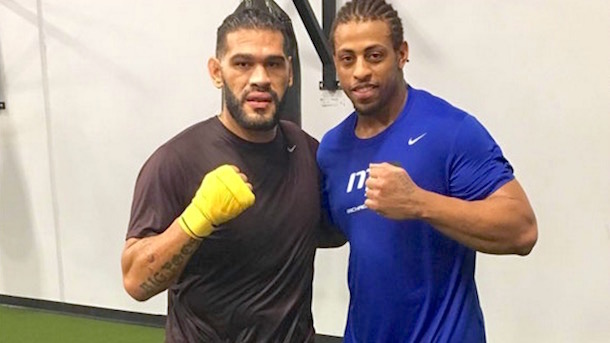
The Hardy acquisition raises questions about what is OK conduct and what is not for members of the UFC roster. (There was once a Code of Conduct, but that document is probably being used as a coaster at this point.) It’s OK for fighters to use borderline hate speech toward one another. It’s OK for fighters to harm others by throwing a hand truck at a bus. It’s OK for fighters to jump into a cage and confront a referee for a teammate. But it’s not OK to push for fighters’ rights in MMA. It’s also not OK for fighters to leverage their positions for more money. And it’s not OK to take their best career outcomes into consideration as independent contractors. Both of these lists are continuing to grow, but it’s clear that domestic violence remains off of the “not OK” list, as long as a fighter can have a positive impact on the bottom line. And we as fans shouldn’t be OK with that.


